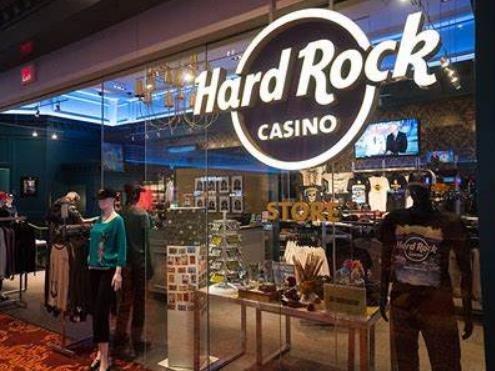A Texas lawmaker has taken a significant step toward legalizing sports betting in the state, introducing a proposed constitutional amendment that could put the decision directly in the hands of voters. If approved, Texans will have the chance to determine whether sports wagering should be legalized and regulated under state law.
A Step Toward Legalized Sports Betting
State Representative Sam Harless filed House Joint Resolution 134 on Wednesday, officially setting the stage for lawmakers to consider adding the measure to the ballot in the next election cycle. The proposed amendment aims to modify the Texas Constitution, clearing the way for a regulated sports betting framework.
If the legislature gives it the green light, Texans will vote on the issue on November 4, 2025. The amendment would authorize sports wagering through licensed partnerships with professional sports teams, Class 1 racetracks, and other state-approved operators.
Texas is one of the few large states that still bans sports betting, but pressure has been mounting from various corners to change that. The growing momentum behind legalization reflects shifting public attitudes, industry interests, and a desire to capitalize on potential tax revenue.

Strong Support from Texas Sports Industry
Major professional sports teams across Texas have thrown their weight behind the initiative, making it clear that they see sports betting as an opportunity rather than a threat. The Texas Sports Betting Alliance (TSBA), a coalition that includes teams, leagues, racetracks, and sportsbooks, has come out strongly in favor of Harless’ resolution.
“We appreciate Rep. Harless introducing this constitutional amendment,” said TSBA spokesperson Karina Kling. “Right now, unregulated sports betting is happening across the state, putting consumers at risk and costing Texas millions in lost tax revenue every year. It’s time to let Texans take control and decide if they want a strong, regulatory framework for sports betting—just like the 39 states that have already moved forward.”
The argument is straightforward: people in Texas are already betting on sports through unregulated channels, which means the state is missing out on tax revenue that could be used for public services. Legalizing sports betting would provide oversight, consumer protections, and a financial boost for Texas.
What Texans Think About Sports Betting
Public opinion appears to favor legalization. A University of Houston poll found that:
- 60% of Texans support online sports betting.
- 74% favor allowing destination resort casinos, which would further expand gambling options in the state.
These numbers suggest that a public vote on the issue could lead to sports betting becoming a reality in Texas. However, political challenges remain, and public opinion alone may not be enough to push the amendment through.
Political Roadblocks in the Texas Senate
Despite strong support from voters and sports industry stakeholders, the legislative path for sports betting remains uncertain. The Texas House has historically been more receptive to gambling expansion, but the Texas Senate presents a tougher challenge.
Governor Greg Abbott has expressed openness to letting voters decide, but Lieutenant Governor Dan Patrick, who controls the Senate’s agenda, has been less enthusiastic. Patrick has repeatedly stated that he won’t bring gambling legislation to the Senate floor unless it has strong backing from Republican lawmakers.
For sports betting to appear on the 2025 ballot, it must clear the legislature with a two-thirds majority in both chambers—a high bar that will require significant Republican support.
The Economic Argument for Sports Betting
While moral and political debates continue, the economic case for legalization is hard to ignore. Texas is already losing out on millions in potential tax revenue as residents turn to illegal betting markets or travel to neighboring states where sports gambling is allowed.
A report from GeoComply, a company specializing in geolocation security, revealed that:
- Nearly 1.5 million geolocation checks were recorded in Texas in November 2024.
- These checks indicate a high level of interest in online sports betting, despite current prohibitions.
Other states that have embraced sports betting, including New York, New Jersey, and Pennsylvania, have generated hundreds of millions in tax revenue from the industry. Texas, with its massive population and strong sports culture, could become one of the most lucrative sports betting markets in the country.
What Happens Next?
With House Joint Resolution 134 now in play, lawmakers will have to decide whether to let voters weigh in on the issue. The debate will likely intensify in the coming months as supporters and opponents of legalized sports betting make their cases.
If Texas lawmakers give the go-ahead, the decision will ultimately rest with the people. Given the strong public support and growing industry backing, the odds of sports betting becoming legal in Texas are better than ever—but the final outcome is still uncertain.








